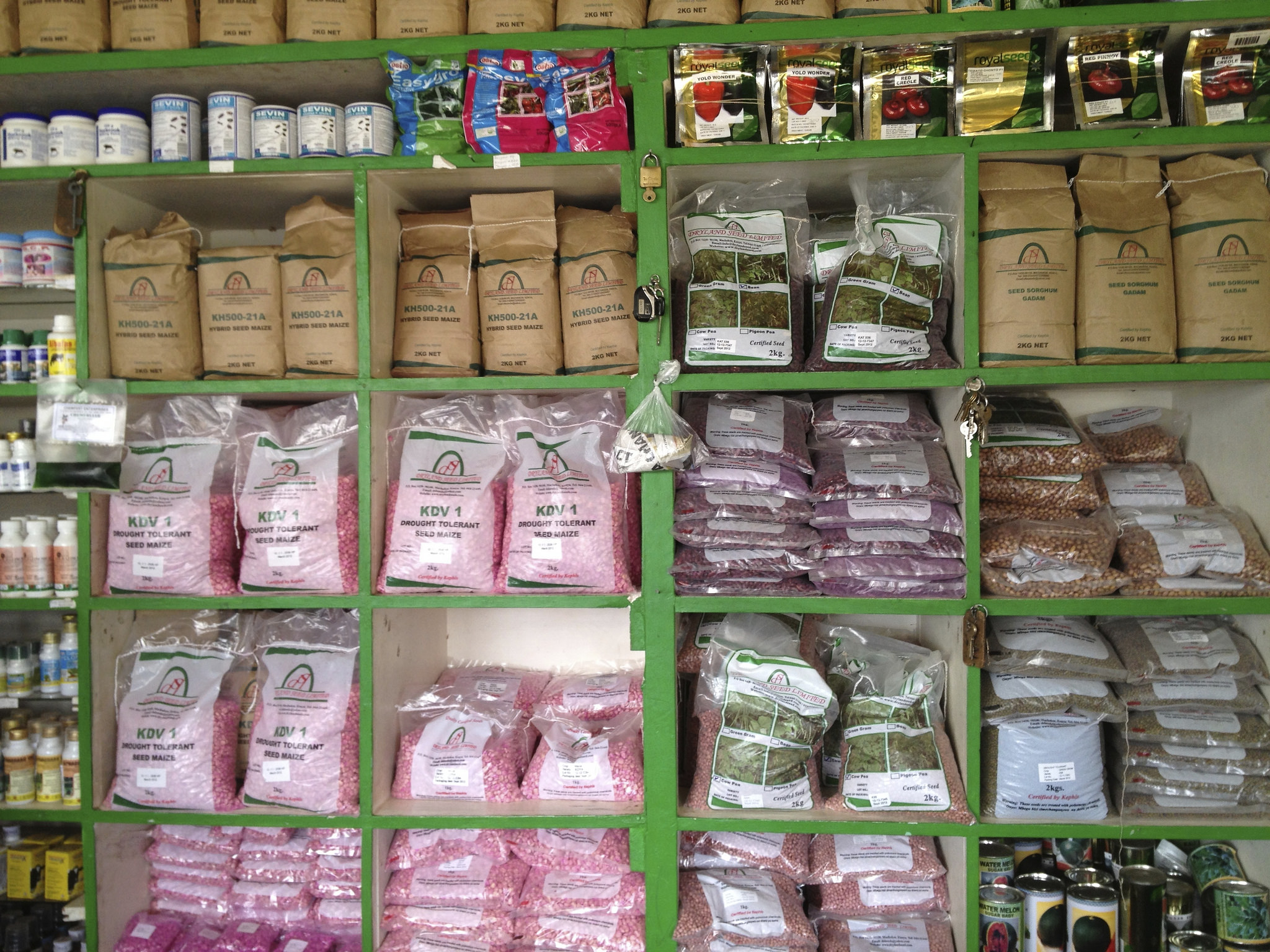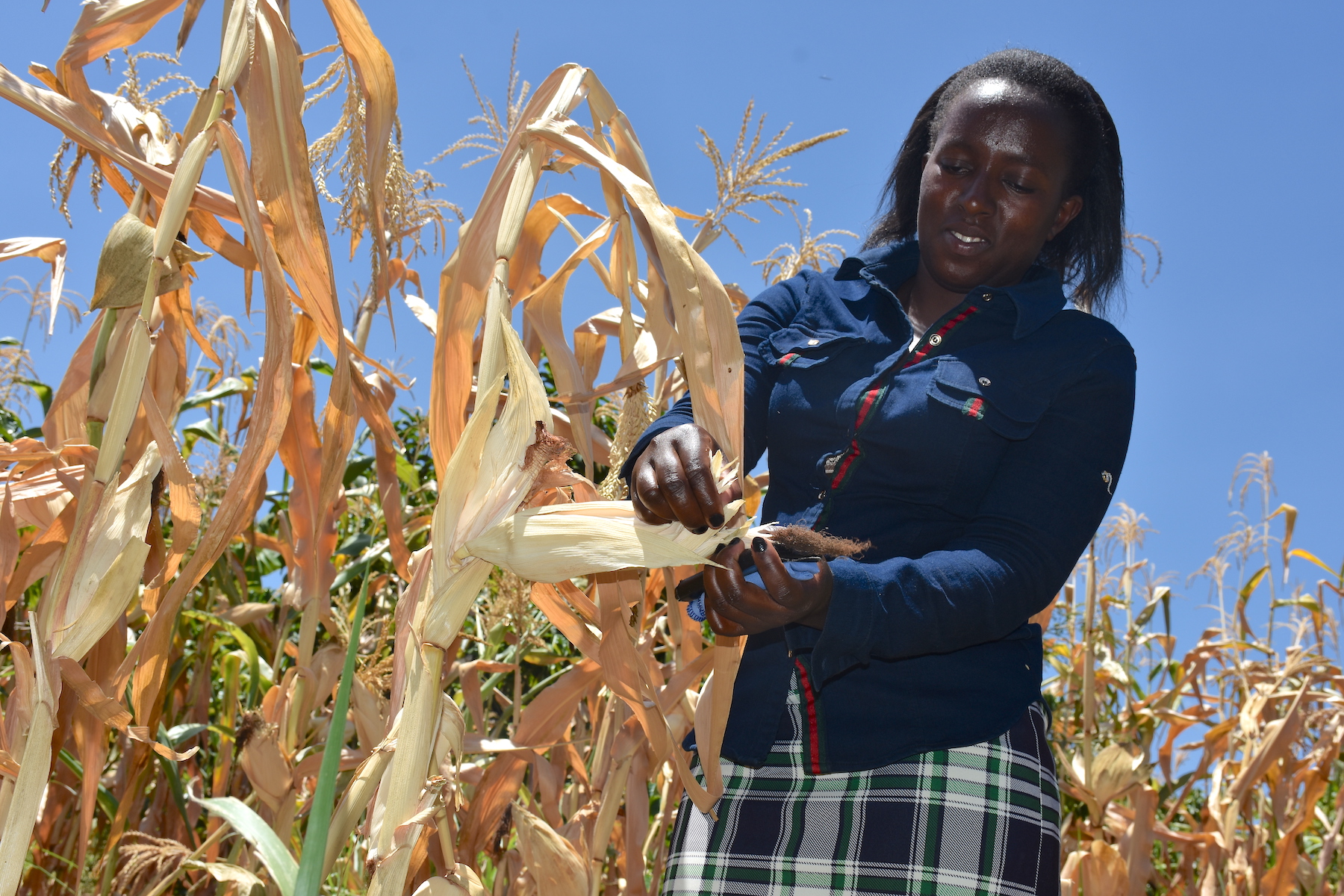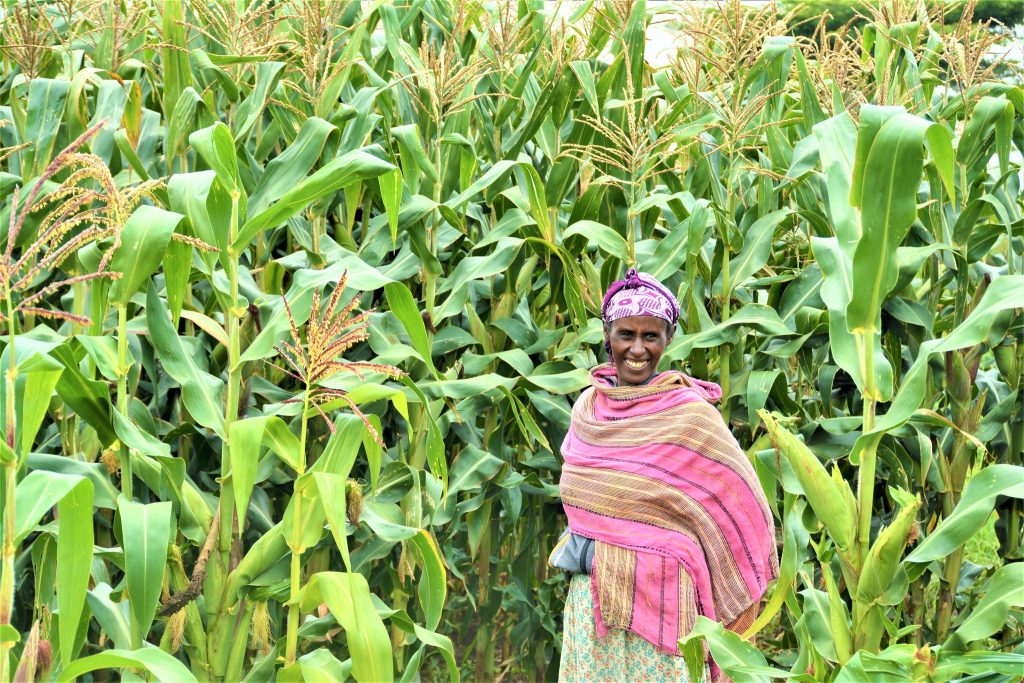
Because of unpredictable climate conditions, agricultural production in Ethiopia faces uncertainties during both the growing and harvesting seasons. The risk and uncertainty are bigger for smallholder farmers, as they can’t protect themselves from climate-related asset losses. Access to insurance schemes, climate information and other tools could help to minimize climate risks for smallholder farmers.
A new collaborative project launched in Ethiopia aims to reduce agricultural investment risk. The Capacitating African Stakeholders with Climate Advisories and Insurance Development (CASCAID-II) project builds on learnings from the CASCAID-I project in West Africa. It will target Ethiopia, Ghana and Senegal, focusing not only on smallholder farmers but on the food value chain as a whole. In a context of increasing integration of farmers into urban markets, the project will improve agricultural productivity, food security and profitability of agricultural enterprises.
The International Maize and Wheat Improvement Center (CIMMYT) will partner with the International Crops Research Institute for the Semi-Arid Tropics (ICRISAT) and the University of Florida, with the support of the CGIAR research program on Climate Change, Agriculture and Food Security (CCAFS).
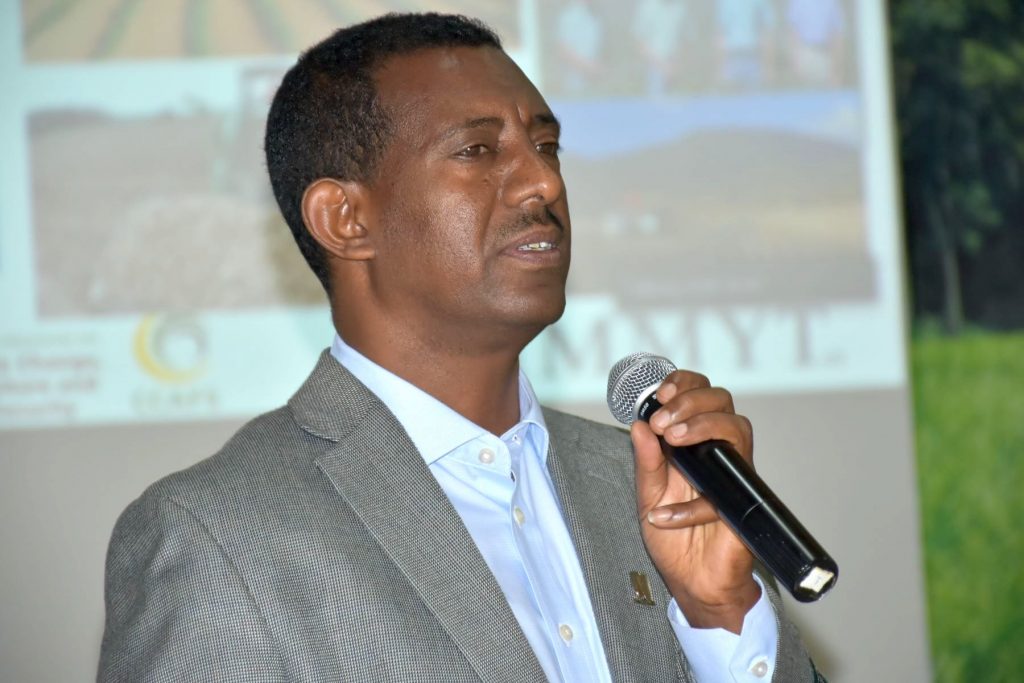
Physical and digital tools across the value chain
In October 2019, thirty partners gathered for the CASCAID-II project launch and meeting in Addis Ababa, Ethiopia. They agreed on the project goals, a set of priority research questions and a schedule of activities for the next two years.
Partners also reviewed the tools that could be used to deliver climate advisories and agricultural insurance products, ensuring that all the actors in the value chain are engaged from the start. Team members aim to embed services in existing physical and digital (“phygital”) data infrastructures and to collect user feedback, so performance can be improved. Users will be segmented according to advanced socioeconomic and agro-ecological factors, so they can be targeted more efficiently with appropriate services and climate-smart agriculture options. The project will draw on real-time and multi-scale yield forecasting for better preparedness and decision-making.
Project partners agreed to start with the CCAFS Regional Agricultural Forecasting Tool (CRAFT) for sub-national yield forecasting in Ethiopia and to develop climate advisories and insurance services in line with the needs of the Ministry of Agriculture.
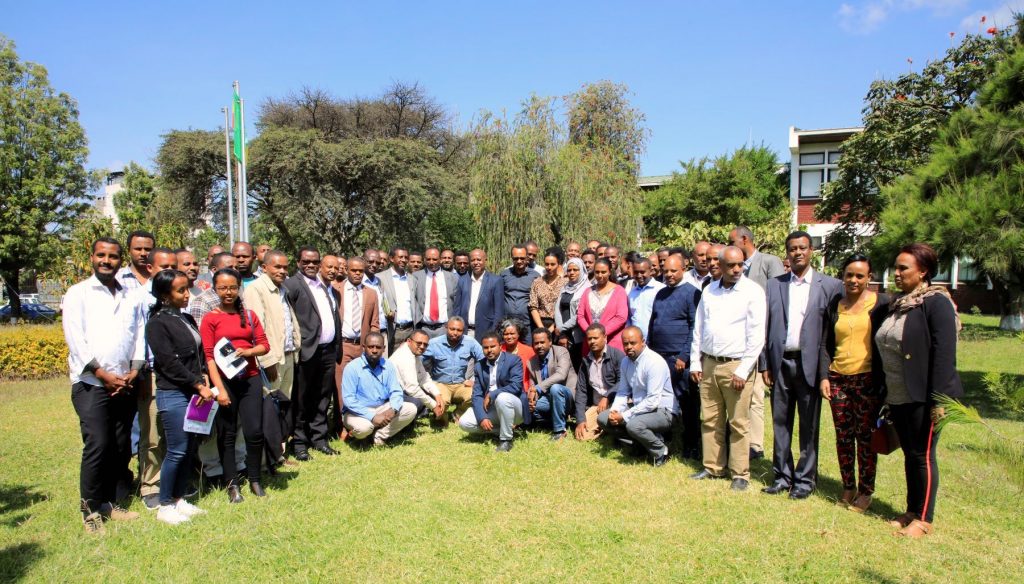
Precise data from scientists to farmers
In a related development, Ethiopia recently launched a digital agro-climate advisory platform, which offers great potential to improve farmers’ management of climate-induced risks, facilitate technology adoption and improve livelihoods.
Speaking at the platform’s launch ceremony, Eyasu Abraha, advisor to the Minister of Agriculture, thanked development partners for supporting the establishment of the platform in the timely move towards digitalization and use of precise data.
The platform incorporates location-specific climate information, as well as soil- and crop-specific best-bet agronomic management recommendations for farmers, development agents and extension officers. It automates crop-climate modeling and uses technologies such as text messaging, interactive voice response (IVRS) and smartphone apps for dissemination.
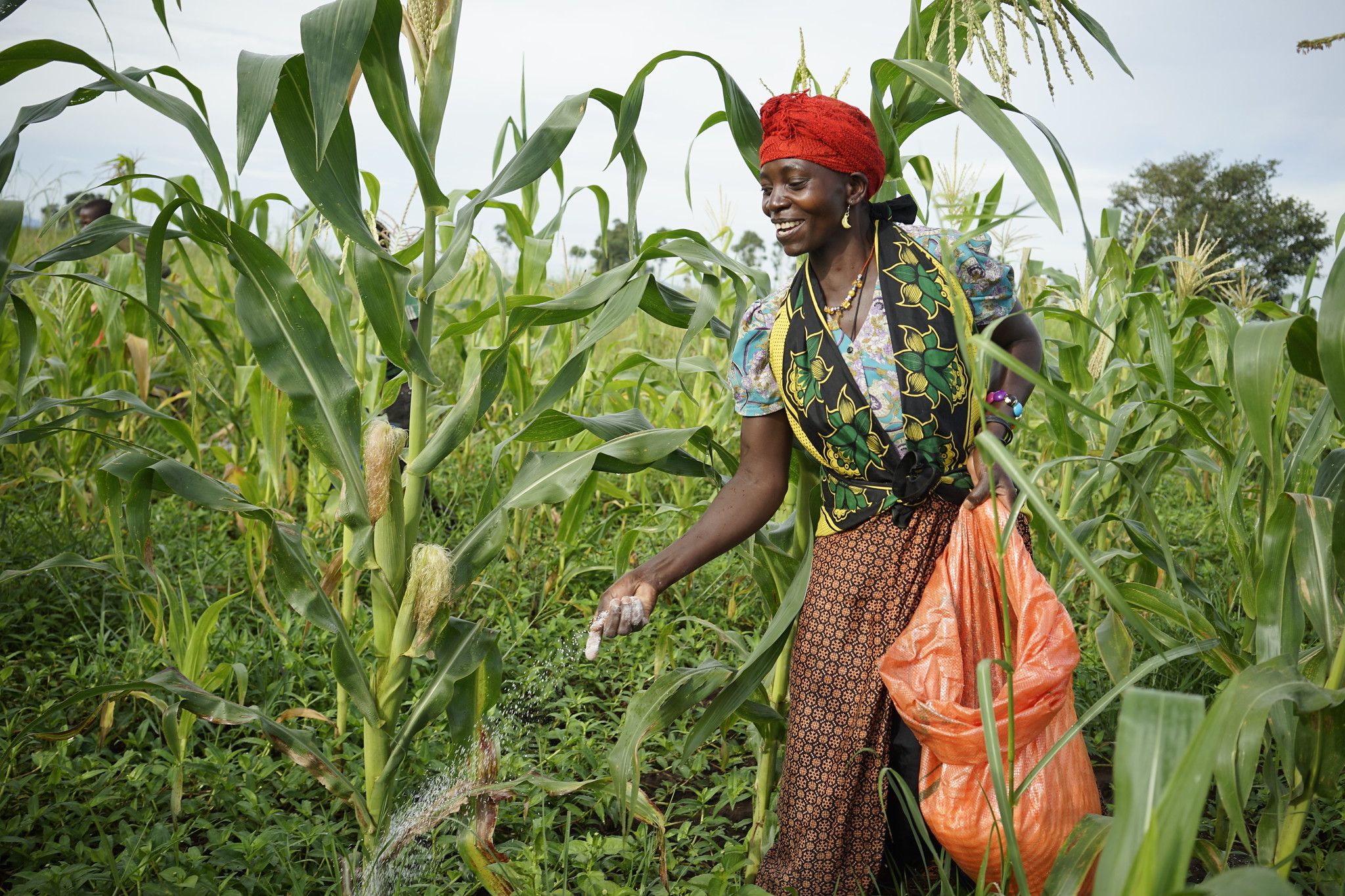
 Innovations
Innovations 